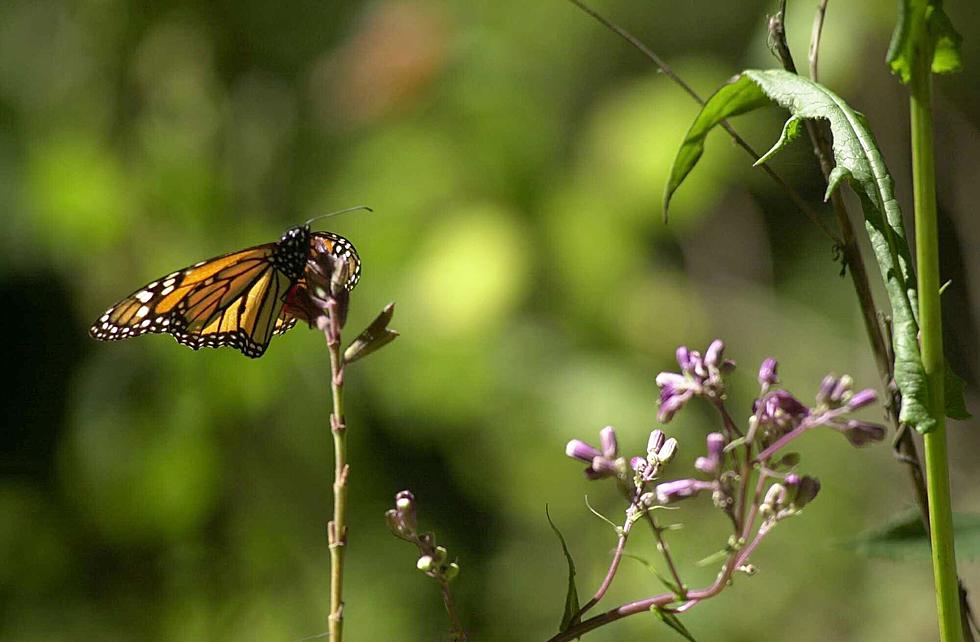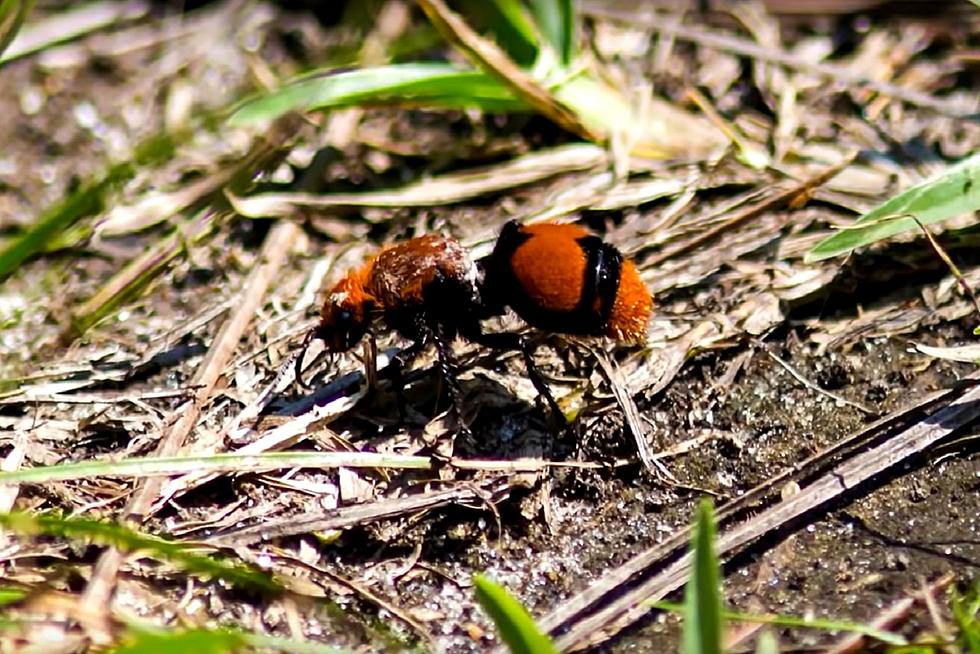
How You Can Help Monarch Butterflies as They Move Through Texas
For us humans, fall is a time of pumpkins, sunflowers, and football. For monarch butterflies, however, fall is hardly a leisurely season.
From mid-September through early October, these orange-and-black beauties focus on a yearly migration that spans across the North American continent. Thousands of Texans report seeing the butterflies work their way across the state on their way to Mexico, where they reproduce and wait out the winter.
Monarch butterflies are easily recognized by their black and orange markings and wingspans around 3 inches. They’re pollinators, which is important to crop production. They’ve even been bred on the International Space Station.
In 2020, the U.S. Fish & Wildlife Service joined with state agencies to assess the decline of monarch butterflies. While monarchs didn’t earn a listing under the Endangered Species Act, the Service still encourages state and local organizations to become involved in butterfly preservation.
How can I help butterflies passing through Texas?
Monarch butterflies have lost much of their habitat to pesticide use on nectar plants like milkweed. Choosing landscape and garden plants that feed monarchs and are local to our area can help power them through migration. Some good plants to use are milkweed, honeysuckle, and Indian blankets.
Agricultural producers and highway maintenance can also do their part by encouraging native prairie wildflowers. Reducing the amount of pesticide use and planting native wildflowers can help monarch butterflies, among other pollinators.
LOOK: Here Are 30 Foods That Are Poisonous to Dogs
LOOK: 10 Famous People You Didn't Know Were Abilene Christian University Alumni
LOOK: Abilene Area Towns That Are Hard to Pronounce
More From KEAN 105









